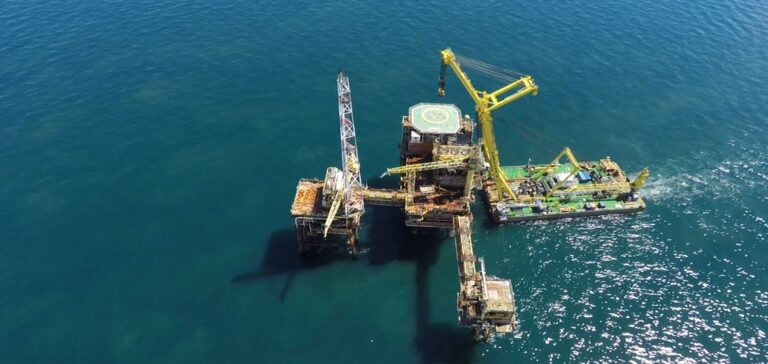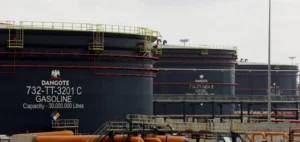The failure of the merger project between Tullow Petroleum and Kosmos Energy has forced the British company to reassess its financial priorities. After negotiations collapsed due to strategic disagreements, Tullow announced that it would now focus on reducing its debt. This announcement comes as the company seeks to strengthen its assets in an increasingly competitive energy environment.
Market reactions and strategic adjustments
The objective of this reassessment is to ensure Tullow’s long-term viability by reducing its debt burden, which has been a major constraint on its investment capacity. At the end of 2023, the company had a gross debt exceeding $3 billion, a situation that many analysts considered unsustainable in a volatile global energy market.
The company has already taken several steps to ease this debt, including the sale of non-essential assets. One of its main initiatives is to downsize its operations in West Africa, where Tullow holds significant assets but ones that generate limited immediate cash flow. At the same time, the company is exploring refinancing options and restructuring its debt through more flexible financial instruments.
The crucial role of strategic partnerships
Tullow has also reviewed its asset portfolio, focusing its efforts on high-yield projects while avoiding long-term or high-risk investments. The company is also adjusting its operational costs to maximize its profit margins.
The failure of the merger has unsettled financial markets, as it could have provided Tullow an opportunity to streamline its operations while leveraging Kosmos Energy’s expertise. However, the absence of this merger might allow Tullow to pursue an independent debt reduction strategy. According to industry analysts, the company will need to demonstrate its ability to reorganize its business model to convince investors of the long-term viability of its plan.
In this context, Tullow is also seeking to strengthen its commercial partnerships to support its debt reduction strategy. Discussions are ongoing with key players in the oil sector, particularly in African oil field operations, to enhance the profitability of its existing projects more rapidly. Strategic partnerships are also expected to provide Tullow with a stronger position in the global energy market while reducing its direct financial exposure.






















